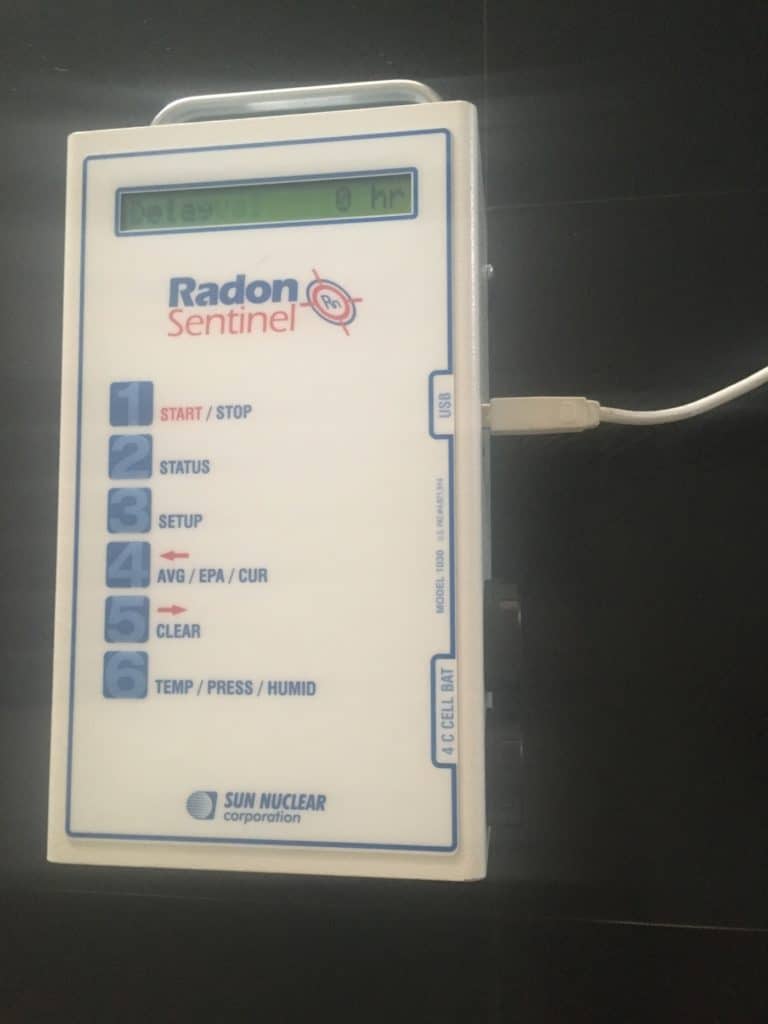What is Something You Can’t See, Smell or Taste In Your Home?…..Radon Gas!
Did you know the EPA estimates that nearly 1 out of 15 homes in the U.S. has elevated radon levels? Radon gas is responsible for about 21,000 fatalities each year and the Surgeon General has warned that it is the second leading cause of lung cancer. According to the Minnesota Department of Health, one in three homes in Minnesota has radon levels that pose a serious health risk. Many homes in Minnesota operate under negative air pressure, especially in the winter. This means that the air pressure inside your home is lower than the surrounding air and soil creating a vacuum that pulls soil gases, such as radon, into your home.
What is radon?
Radon is a radioactive gas that comes from the natural decay of uranium that is found in nearly all types of soil. It moves into your home through cracks, gaps and holes in your foundation as well as through your water supply. The gas becomes trapped in your home and builds up over time.
How to test for radon in your home
It is recommended that all homeowners test for radon. There are two basic types of radon tests available, short-term & long-term. Short-term tests measure radon levels for 2 to 7 days. This offers a quick and inexpensive way to screen your home for radon gas. Long-term tests are for a minimum of 90 days. They are the best radon tests because they will estimate the average amount of radon in your home. For the best results monitor it for one year so you can incorporate both heating and cooling seasons. The cost of an at home test is usually between $5-$25. They can be purchased at hardware or home supply stores. Make sure when purchasing your kit that it includes the price of laboratory analysis. You can also hire a professional when you need and unbiased, third party involved when purchasing real estate. You should test your home for radon every 2 to 5 years also conduct a test after purchasing a new heating or central air system.

How do I find a qualified radon service professional?
If you are looking to hire a professional to test your home, wish to purchase a radon test kit or have any questions about radon gas in your home, you can contact your state radon representative to determine radon measurements in your state. If you have radon levels over 4pCi/L you may have an opportunity to receive grants for radon mitigation in your home so be sure to check with you local and state ordinances.
